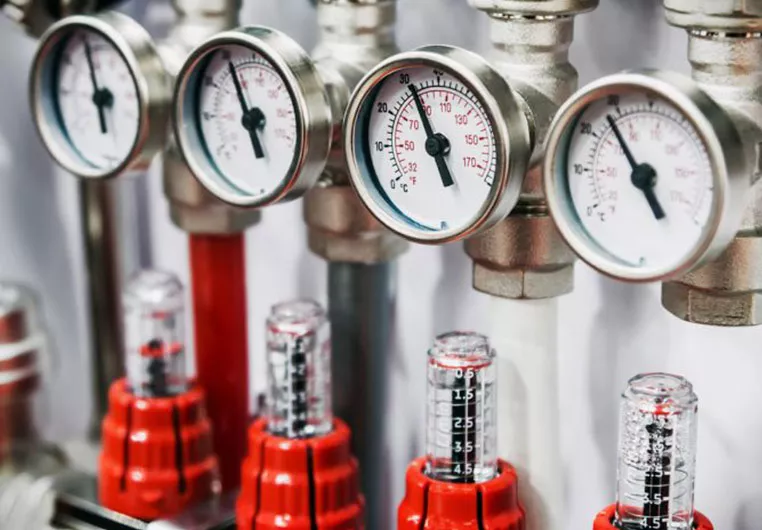Exploring the Functionality and Applications of Plug Valves in Pipeline Systems and Industrial Processes
Understanding Plug Valves A Comprehensive Overview
Plug valves are one of the simplest and most reliable types of quarter-turn valves used in various industrial applications. These valves are designed to control the flow of liquids and gases, featuring a cylindrical or conical plug that can be rotated to open or close the flow path. This article delves into the various aspects of plug valves, their operating principles, applications, advantages, and installation considerations.
Operating Principles
The fundamental operation of a plug valve involves a plug that fits snugly into the valve body. The plug has a hole or port through which the fluid flows. When the plug is aligned with the inlet and outlet ports, the valve is in the open position, allowing fluid to pass through. Conversely, when the plug is rotated 90 degrees, the port is perpendicular to the flow direction, effectively sealing off the passage. This simple mechanism allows for quick and efficient operation, typically requiring only a quarter turn to switch between open and closed positions.
There are different types of plug valves, including lubricated and non-lubricated variants. Lubricated plug valves use a sealing grease to reduce friction between the plug and the valve body, which also helps in sealing. Non-lubricated versions rely on materials with inherent sealing properties, such as elastomers or specially engineered plastics. The choice between these types depends on the application requirements, including temperature, pressure, and fluid characteristics.
Applications
Plug valves are widely used across various industries, making them versatile components in many systems. Common applications include
1. Oil and Gas In the oil and gas industry, plug valves are utilized for their ability to handle high pressure and temperature fluids. They are often used in downstream processes and pipeline applications where rapid on/off control is required.
2. Water Treatment Plug valves are used in water treatment facilities to regulate the flow of water and chemicals. Their ease of operation makes them suitable for regulating flow rates in treatment processes.
3. Chemical Processing Many chemical processes involve corrosive materials, and plug valves can be manufactured with various materials to withstand such environments. They are employed in dosing, mixing, and distributing chemicals.
plug valve 2

4. HVAC Systems In heating, ventilation, and air conditioning (HVAC) systems, plug valves facilitate efficient fluid control, improving system performance and energy efficiency.
Advantages of Plug Valves
Plug valves offer several advantages over other types of valves
- Simplicity and Reliability The design of plug valves is straightforward, minimizing potential failure points. They are less prone to leaks compared to other valve types.
- Quick Operation Because they require only a quarter turn to operate, plug valves provide fast response times, which is crucial in applications where shut-off and control speed are essential.
- Versatility The adaptability of plug valves to various fluids, including those that are highly viscous, makes them suitable for many applications across different industries.
Installation Considerations
When installing plug valves, several factors must be taken into account. The valve must be correctly sized for the application, ensuring adequate flow rates while meeting pressure and temperature specifications. Proper alignment in the pipeline is critical to avoid excessive wear on the valve components. Additionally, regular maintenance is recommended to ensure optimal performance and prolong the lifespan of the valve.
In conclusion, plug valves are an essential component in many industrial applications due to their reliability, simplicity, and versatility. Understanding their operation, applications, benefits, and installation requirements is crucial for engineers and technicians tasked with fluid control. As industries evolve, the demand for efficient flow control solutions will continue to spotlight the importance of plug valves in modern systems.
-
3-types-of-check-valves-maintenance-tipsNewsAug.23,2025
-
ball-valves-types-with-trunnion-mounted-designNewsAug.23,2025
-
butterfly-valve-company-production-capabilitiesNewsAug.23,2025
-
fisher-globe-valve-technical-specificationsNewsAug.23,2025
-
types-of-gaskets-for-flanges-selection-guideNewsAug.23,2025
-
wedge-gate-valve-suppliers-quality-standardsNewsAug.23,2025
-
Breakthrough in Domestic Low Temperature Valve Technology in ChinaNewsAug.18,2025




